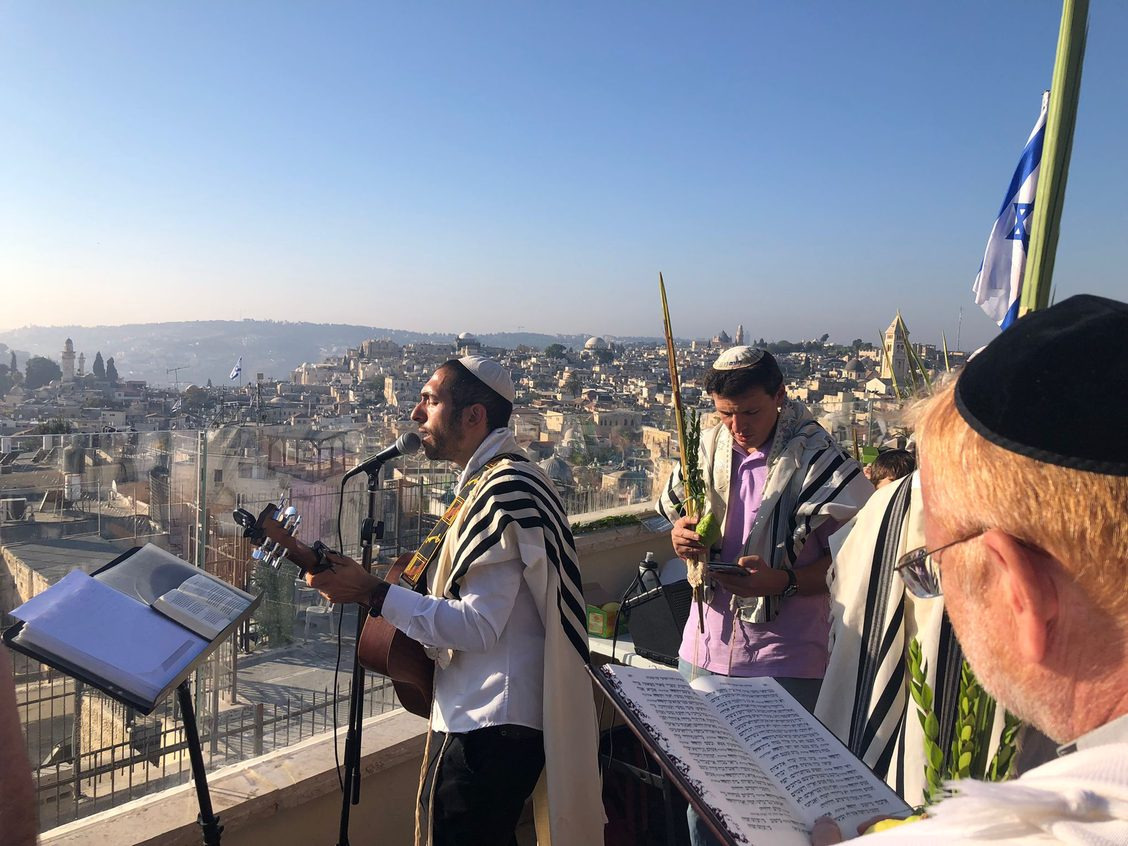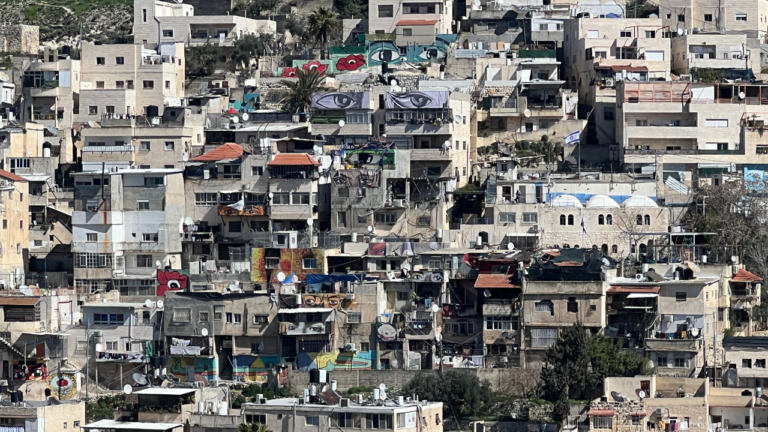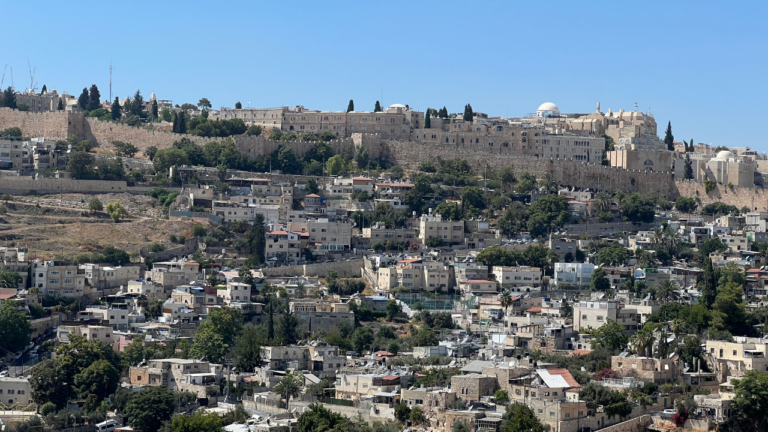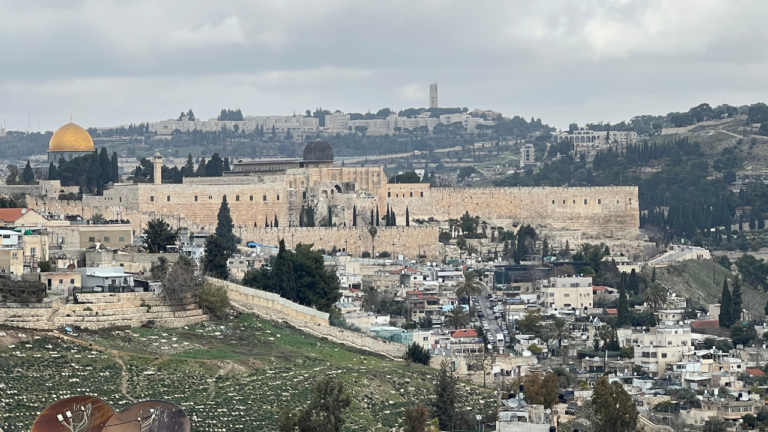Seeking Tzion: The Missing Ingredient of Our Lulav Experience
With the oncoming Chag HaSukkot, Jews around the world will be enthusiastically choosing their daled minim in order to fulfill the special mitzvah of lulav. With great joy, we shake our lulavim for the entire holiday of Sukkot as we sing hallel in delight. However, we unfortunately miss a key element of the mitzvah due to a fundamental misunderstanding of why we shake the lulav throughout Sukkot.
The Mishnah in Tractate Sukkah (41a) explains that the biblical command to take the lulav only applies to the first day of Sukkot, except for those present in the Beit HaMikdash who must take the lulav on every day of Sukkot. Given that we currently do not have our Beit HaMikdash, why do we still perform the mitzvah of lulav every day of Sukkot? The Mishnah explains that after the destruction of the Temple, Rebbe Yochanan ben Zakkai instituted that we should take up the lulav every day of Sukkot as a zecher l’Mikdash, a remembrance of the Temple. The Gemara cites a fascinating source for the concept of establishing reminders of the Mikdash. Rebbe Yochanan cites the verse in Yirmiyahu (30:17), כי נדחה קראו לך ציון היא דרש אין לה, “for they called you (Jerusalem) discarded, She is Tzion, no one seeks her out.” Yirmiyahu implies to us that Jerusalem needs, and deserves, those who seek her out.
Rav Shlomo Zalman Auerbach (Minchat Shlomo, Sukkah 41a) points out that this rabbinic mitzvah of lulav is not properly fulfilled unless one is being doreish Tzion, thinking and seeking out Jerusalem’s rectification. Rav Auerbach notes that it is an obligation to remind the members of one’s household that we are not shaking the lulav to experience a spiritual high and the joy of Sukkot; instead, the lulav experience should be deeply intertwined with an intense yearning for the restoration of Tzion and the return of our Beit HaMikdash.
The connotations of the word “doreish” expand beyond tefillah and the experience of emotion. At the end of Esther, the megillah tells us that Mordechai was doreish tov l’khol amo. As the commentators note (see Ibn Ezra and Maharal in Ohr Chadash), Mordechai did not wait for Jews to come to him with their problems. Instead, he actively pursued their wellbeing, wholly dedicating himself and everything that he possessed to serving and protecting the Jewish people.
This year, with the first day of Sukkot coinciding with Shabbat, there will be no fulfillment of the biblical commandment of lulav. Instead, we will fulfill the rabbinic injunction to take up the lulav every other day of Sukkot. But to properly perform this mitzvah, each of us must ask ourselves: how am I being doreish Jerusalem? Am I seeking out her well-being and longing for the day in which “the City will be built upon its hill”? Do I fervently pray for and actively pursue her restoration?



